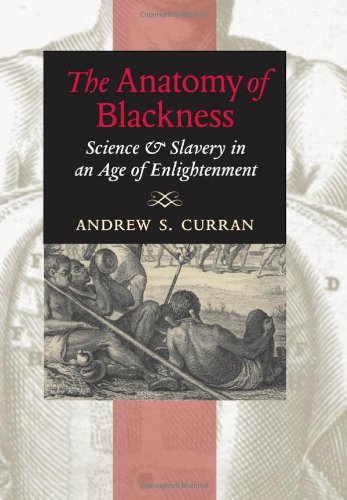

Most ebook files are in PDF format, so you can easily read them using various software such as Foxit Reader or directly on the Google Chrome browser.
Some ebook files are released by publishers in other formats such as .awz, .mobi, .epub, .fb2, etc. You may need to install specific software to read these formats on mobile/PC, such as Calibre.
Please read the tutorial at this link: https://ebookbell.com/faq
We offer FREE conversion to the popular formats you request; however, this may take some time. Therefore, right after payment, please email us, and we will try to provide the service as quickly as possible.
For some exceptional file formats or broken links (if any), please refrain from opening any disputes. Instead, email us first, and we will try to assist within a maximum of 6 hours.
EbookBell Team

0.0
0 reviewsThis volume examines the Enlightenment-era textualization of the Black African in European thought. Andrew S. Curran rewrites the history of blackness by replicating the practices of eighteenth-century readers. Surveying French and European travelogues, natural histories, works of anatomy, pro- and anti-slavery tracts, philosophical treatises, and literary texts, Curran shows how naturalists and philosophes drew from travel literature to discuss the perceived problem of human blackness within the nascent human sciences, describes how a number of now-forgotten anatomists revolutionized the era’s understanding of black Africans, and charts the shift of the slavery debate from the moral, mercantile, and theological realms toward that of the "black body" itself. In tracing this evolution, he shows how blackness changed from a mere descriptor in earlier periods into a thing to be measured, dissected, handled, and often brutalized. Penetrating and comprehensive, The Anatomy of Blackness shows that, far from being a monolithic idea, eighteenth-century Africanist discourse emerged out of a vigorous, varied dialogue that involved missionaries, slavers, colonists, naturalists, anatomists, philosophers, and Africans themselves.